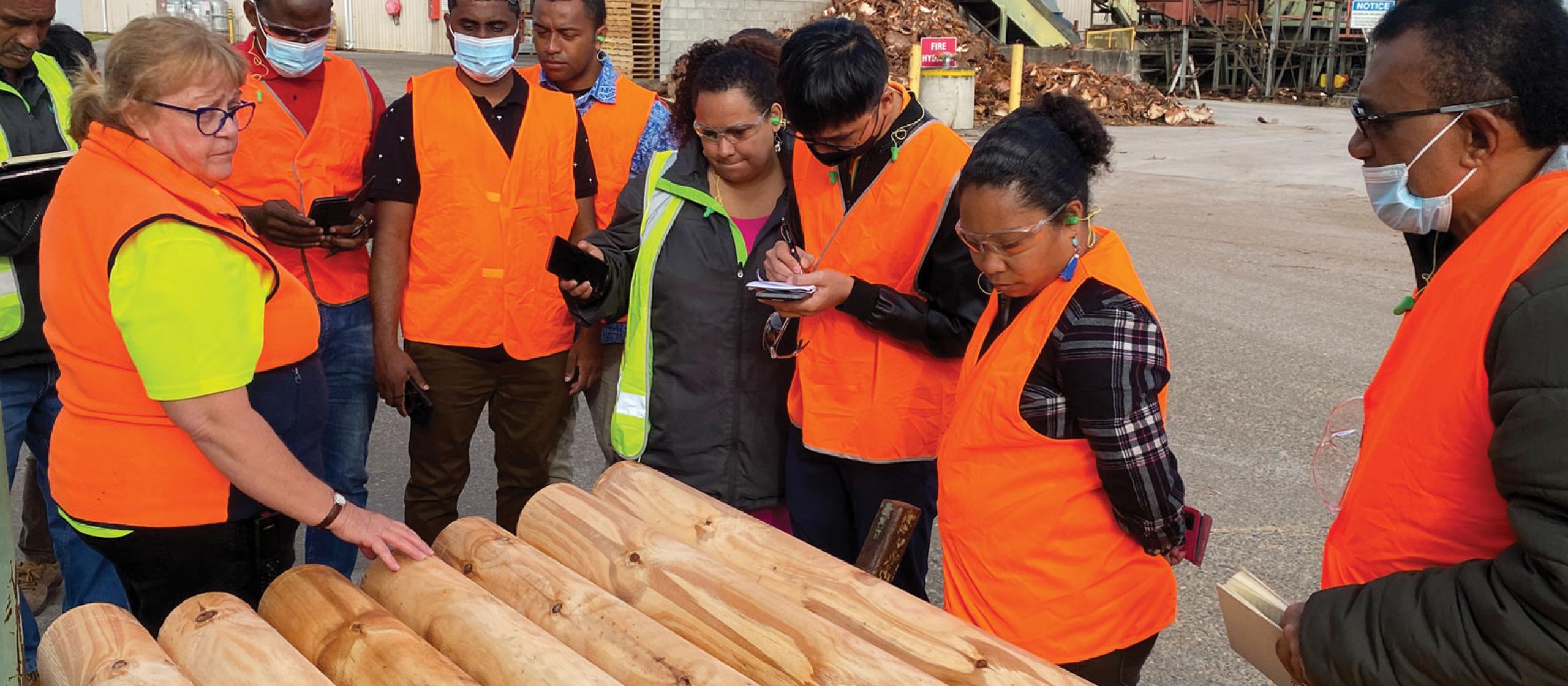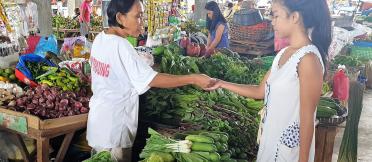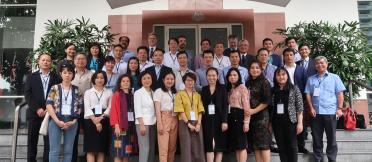The ‘slow magic’ of agricultural research, as described by eminent agriculturalist Professor Phil Pardey, is delivering impact long after a research project concludes. ACIAR has been focusing on effective commercial engagement, particularly with local businesses, in project design and implementation, to maximise the impact of its investment.
Mr Howard Hall, ACIAR Special Advisor, Commercial Engagement and Adoption, said that farmers are usually involved in integrated and complex value chains where businesses buy and sell products, and provide other services such as advice and finance.
‘With the focus from ACIAR on long term impact, the commercial engagement area is exploring ways to involve the private businesses in the design, delivery and post-project investment that adds value to the farmers’ normal business system,’ said Mr Hall.
Mr Hall said businesses, farmers and researchers face barriers in enabling sustainable impact. The new commercial engagement approach from ACIAR is seeking to overcome these barriers – improving the connection between private businesses in the value chain and publicly funded research.
Often encouraging dialogues between the different partners and involving all of them in research design and implementation, has a significant effect on delivering long term impact and improving the capacity of each partner to add value.
To support effective commercial engagement, ACIAR has introduced an Agribusiness Reference Group (ARG), in Vietnam and Pakistan. The ARG is improving communication and understanding between governments, institutions and industry about the research needed and how this can be utilised to deliver value for both businesses and farmers.





